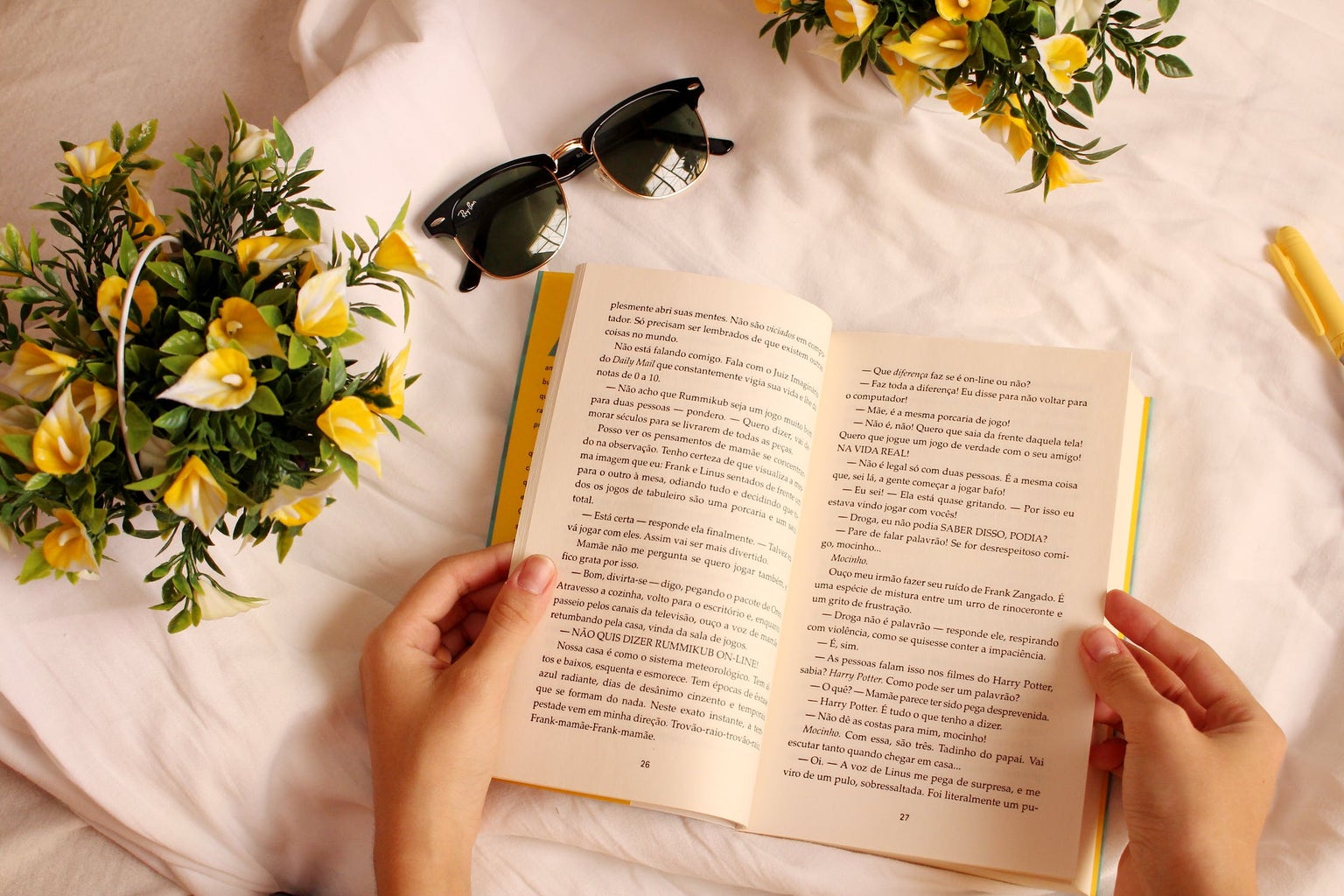I’m not going to lie, I’m a reader that’s easy to please. It doesn’t take much to make me a happy camper after tearing through a story and blabbing about it to my friends. At the same time, there are several things I’m picky about, as all people have preferences in their literature. Much of my college career has been spent learning how to write more effectively, more eloquently, and more productively, and I would never change my major or experience for the world. However, something I wish more people in creative writing and online book-loving spaces understood was that “like/dislike” is different from “good/bad.” Many readers are shamed for enjoying “badly-written” books, or for not blowing fanfare for “well-written” pieces. While I agree that form, craft, and technique should be learned (I wouldn’t be in UCR’s creative writing program if I wasn’t), I am also of the belief that all reading is good reading. No matter where a reader’s journey starts, or what genres or styles they prefer, literature helps to expand minds and connect people.
A mistake people often make (including myself– I am not immune to the occasional snobbery of being a so-called “real writer/reader”) is that when someone likes a “badly-written” book, it’s because they are unknowing, unintelligent, or uninformed. “They just haven’t read real good books” or “they must be dumb because they don’t know that this author uses too many commas” or even “how can you like this drivel, when you could be reading [fill in the blank].” This is a misleading belief for many reasons.
First, sometimes, the books you want people to read are inaccessible. I had the great luck of scoring a mom who practically shoved books at me my whole life, and I imagine there are many other people in the same boat, who were reading from an early age. However, lots of kids aren’t provided with reading support, aren’t introduced to books or encouraged by teachers and parents to read outside of academic settings, or simply aren’t interested in them as kids. Then, when these kids grow older, they feel behind when their interest is piqued. If you tell this new reader, who has just finished something that made them feel happy, entertained, represented, or even enlightened, that they should be reading Crime and Punishment instead of whatever they’ve just read, that would be ridiculous. What they have just read brought them whatever they were looking for in a novel. Each readers’ goals for reading are different, whether it’s to be introduced to new cultures, to escape the real world, to learn, or more. Furthermore, not every reader has to partake in thought-provoking, uncomfortable, or literary works. To dismiss all other forms of writing other than the “best of the best” and “the most literary” is a disservice to all literature.
The other reason this rather conceited approach to reading is missing the point may be a shock… sometimes, people know the writing’s bad. I know! Crazy. Why say you love a book when you know that it’s not written as well as that other book you read? This is where “like/dislike,” “good/bad” comes into play. Sometimes, we crave a certain type of character, theme, setting, or world. Sometimes we find comfort in works we relate to. There is an idea that you have to like books that are “good” and dislike books that are “bad.” I heartily disagree with this idea. Books we cherish don’t have to be the best-written works of literature in the world, they just have to warm our hearts, to excite us. I know I love a handful of “bad books” and dislike many great works of art. There are a few trashy novels on Kindle I’ve given a 4 star review, while I gave famous novella The Lover 2 stars and an irritated rant. That’s okay. I’m a person with individual thoughts, preferences, feelings, and tastes. And you are also. So please, keep reading, whatever you want to read, and whatever helps you meet your goals. Reading is knowledge, knowledge is compassion, and compassion leads to love.




